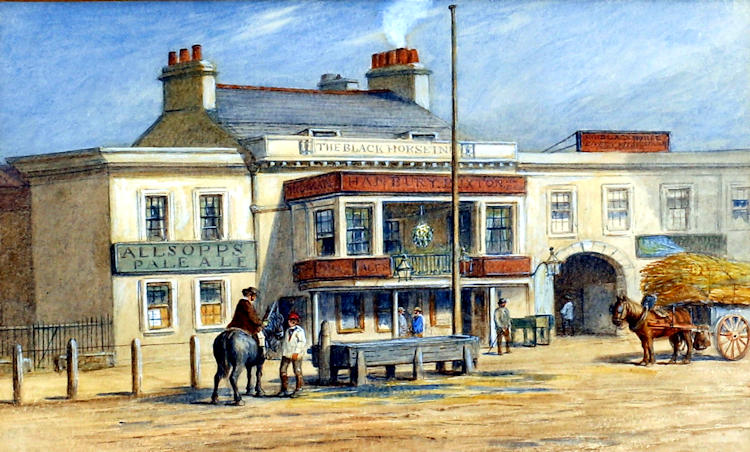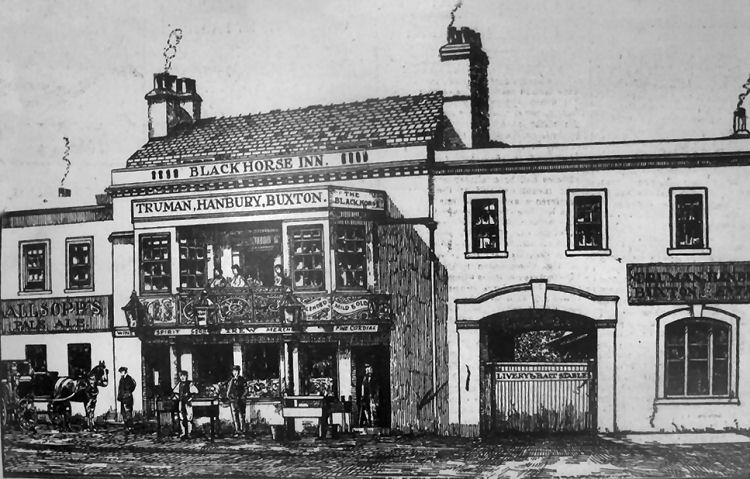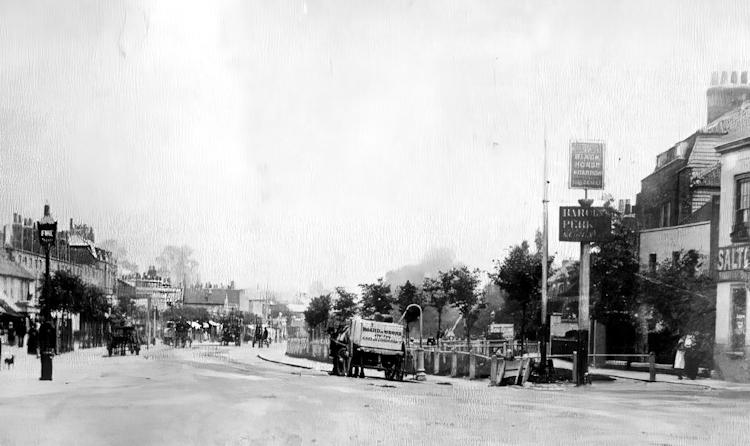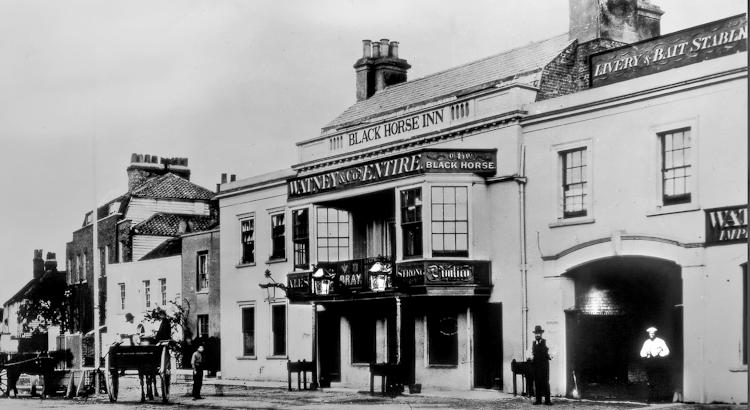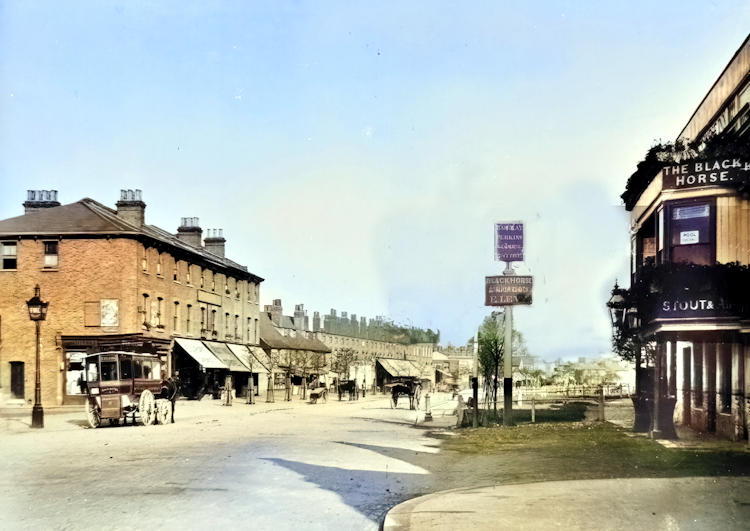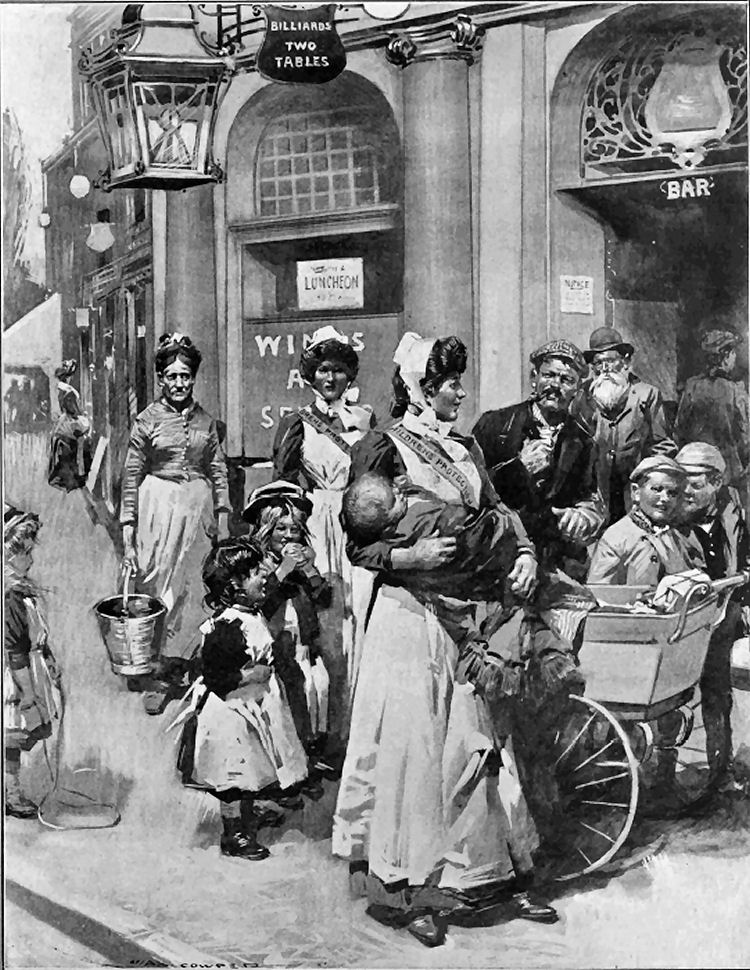|
Canterbury Weekly, 14 October, 1837.
Discovery of Hidden Treasure.
Thursday afternoon a jury was in panelled at the "Black Horse Inn,"
Rushgreen, Lewisham, to enquire into the circumstances under which a
considerable quantity of gold coin was found in the ground in the
neighbourhood.
Mr. Maule, the Treasury Solicitor, attending on behalf of the Crown.
The jury having inspected the coins, 420 and number, and which
consisted of the "Unicorn of Charles 1.," and the "Broadpiece of
James 1.," the Coroner proceeded to explain to the jury the Queen's
right, under the law of treasure-trove, to property discovered under
similar circumstances to the present. Mr. G Walford, of the firm of
Makepiece and Walford, of Serle Street, Lincoln's-inn-fields,
silversmith and jewellers, stated that he attended on behalf of the
Crown, for the purpose of examining the coins in question, which he
had done, and found it to weigh 118 ounces, one pennyweight, and one
grain, the value of it being £454 10s 6d.
Charles Jordan, a labourer residing in Southend, Lewisham, stated
that on the 22nd of last February he was digging in the garden of
Mr. Foster, a solicitor, living at Southend, when he turned up two
earthen pots about 4 inches deep and 3 inches wide, each of them
being covered over with lead on the top, tied over with wire. On
taking off the covering he discovered them to contain the gold
pieces now produced, and he nearly directly acquainted Mr. Foster of
the what had transpired, and delivered the treasure into his
keeping. The Coroner said the honesty of the witness was highly
commendable. Several of the jury wished to present a memorial to the
Treasury on behalf of Jordan.
Mr. Maule said that would be unnecessary, as government was always
liberal on such occasions.
The jury then returned a verdict of "Treasure-Trove," and the coin
was seized by the Coroner in the name of the Queen. The jury were
presented with 10s each for the attendance.
|
|
West Kent Guardian, 2 January 1841.
GREENWICH POLICE COURT.—Monday.
(Before Mr. Jeremy.)
The Late Highway Robbery at Perry Hill, Sydenham.
This being the day fixed for the re-examination of Smith and Rosser, the
two men so strongly suspected of being the parties implicated in the
late daring and brutal attack on and robbery of Mr. Doust, the gardener
of W. Halfhide, Esq., much interest was excited, it being fully expected
that further and more conclusive evidence would be adduced against the
prisoners.
Joseph Jackson, Esq., one of the county magistrates, and Mr. Halfhide
were on the bench.
Rosser was first placed at the bar he appeared with less confidence than
on the former occasion.
Inspector Havard, having stated that though every exertion had been
made, none of the property stolen from Mr. Doust had been yet found,
added that other witnesses in addition to those already examined were
present, whose evidence would materially strengthen the case against
Rosser, but nothing further against Smith had been discovered. The
Inspector also produced a plan of the locality.
Mr. Doust, whose head was still bandaged, but who, we are happy to say,
is convalescent, was first called, and his former deposition read to him
by Mr. Ffinch, the clerk, and in addition to what was stated in our last
was the following:-
Both prisoners were well known to him, he having
employed Smith for four years, and discharged him about a year ago, and
had occasionally given employment to Rosser; both knew his
(prosecutor's) habits well; they knew also the time he always received
his wages, and also when and by what path he went home. He made a stout
resistance to the robbery, and caught one of the men by the neck.
Neither of them said a word; had the prisoners spoken, he would have
known their voices; one had a frock, but not the one he grappled with.
Both the stock and the stick he himself picked up, and delivered to the
police-constable; he could identify them as the same as now in the former’s possession.
Policeman Kirby’s former evidence was then read over to him, to which
may here be added, that on tracking the footmarks he observed that one
of the two men had fallen on his two hands and one knee, he could not
tell which, and that the left knee of the prisoner was found to be
slightly grazed, as if recently.
Prisoner:- That was done with the flints while I was at work the week
before.
Witness, re-examined:- Had compared the stake produced with the cut off
portion of one at the haystack, they fitted exactly; had found the piece
of crape mentioned on the top of a box in the prisoner’s house.
William Gabbitas, a publican of Bromley, (as
yet unknown, Paul Skelton) deposed that on Monday morning,
the 21st instant, about six o’clock, the prisoner came to his house, and
asked for half a pint of gin-hot, in payment for which the prisoner gave
him a sovereign. Witness gave him 19s, 8 1/2d. in change. The witness
said he knew the prisoner well.
Mr. Jeremy here asked the prisoner how he could account for the
possession of the sovereign?
The prisoner answered that he had met a tailor on the tramp, named
William Smith, on Bromley-hill, who owed him prisoner, one shilling;
that Smith said that if he could give him change of a sovereign, he
would pay him; that whilst the latter retired to a field, he, prisoner,
went to the public-house, and got the change as mentioned, nineteen
shillings of which he returned to Smith.
Witness, re-examined:- When the prisoner came in, he seeing him tender a
sovereign chaffed him, saying, stonebreaking must be a good trade to
have a sovereign on a Monday morning. Prisoner’s reply was that he had
four to take of his employer, Mr. Ledger, that he had token two, and had
now been paid all up; the change he gave him was mostly in shillings and
sixpences.
Prisoner:- Did I not ask you for the change of a sovereign.
Witness:- Yes; but not before you ordered the drink.
Mr. Horton Ledger, the surveyor’s foreman examined:- The prisoner was
occasionally employed by his master to break stones on the road; his
earning; when fully employed sometimes might amount to 18s. a week; he
was always paid by witness. No such sum as 4 sovereigns was ever allowed
by Mr. Horton Ledger to be back. He had paid the prisoner 6s. on
Saturday the 19th being the sum due to him up to the previous Tuesday.
Cross-examined by the prisoner:- You had two sovereigns to receive about
three weeks ago.
William Shilling, the ostler to the "Black Horse," Rushey Green, deposed
to his having engaged the prisoner to assist him in the stable a little
before it was dark, and shortly after gave him some bread, cheese, and
beer; left him in the tap-room. Witness was principally in front of the
house; left it at half-past 6 o'clock, returned at 7, and found the
prisoner then at the inn.
Other evidence was given by the witness, but it was not material,
lying
principally corroborative of the lad Colburn's
testimony.
Rosser’s little boy's evidence was next read over to him. He persisted
firmly that the stock found by the prosecutor was his father’s.
On the appearance of his child, Rosser was much affected, hung down his
head, and resting it on his hand, wept. At the conclusion, as the child
was retiring, he said to him in apparent agony, "Tommy, Tommy, you know
very well that is not my stock."
The prisoner was then committed, and on being removed, Smith was next
placed at the bar, and the depositions affecting him read over. As in
our last, owing to our own reporter not being present, an unauthorised
report of it was inadvertently given, and which was not only miserably
defective in its details, but positively unjust to Inspector Havard in
particular, whose exertions in the affair are highly creditable to him,
we herewith give it as it ought then to have been given:—
Between 6 and 7 on Saturday evening. I received information of the
robbery. I immediately proceeded to the residence of Mr. Doust. from
whom I received a stock and the stake now produced; the latter I gave to
Police constable 86, the former I put in my pocket. I then went towards
Sydenham in pursuit of the parties concerned in the outrage, and
returned home unsuccessful. On the following morning I received further
information that David Smith was one of the parties suspected, and
observing him to pass opposite the station-house, sent a police
constable to bring him over, and on asking him where he was on Saturday
night, he replied, that he came up to Rushey Green from Southend,
between 4 and 5 o’clock, in company with a man named Barkway, a
hay-binder, whom he left at Rushey Green. He then said he went down
Lewisham for the purpose of going to see a man named Hornewood, to whom
he said he had sold his donkey; that he went so far as the "Rising Sun,"
Lewisham, and then met a man who told him that Homewood was not at home,
and consequently he did not go any further, but returned home
immediately. On asking him how much money he had, he said only a few
halfpence; I then requested him to pull them out of his pocket, which he
did, amounting to 8 1/2d., and on questioning him as to whether it was
all he answered, no, he had half a sovereign which he pulled out of his
pocket, wrapped up in a piece of paper, and added first that he had
earned it, but next said that he had given change for it to a man at
Bromley in the street, but he did not know the man. He afterwards
altered this story to one he pledged his coat and waistcoat for 10s. on
Tuesday, out of which he gave his wife two or three shillings, and
purchased herrings, nuts, and apples, with the remainder, which he had
been selling during the week. His shoes were then pulled off, and
witness went to the spot where the robbery took place, and across the
fields made several marks in the snow, by the side of the marks already
there, and had no hesitation in swearing that they exactly corresponded,
there being six rows of nails in the soles of their shoes, a whole plate
on the toe of one shoe, and half a plate on the other, the right foot,
the indentations from which were clear; there were eight nails also in
the heels of the shoes, which exactly corresponded; traced the same
footsteps from the spot where the robbery took place to the Southend
road, and within 250 yards of the residence of the prisoner. On
searching the prisoner’s house, witness found the bill-hook or chopper
now produced, and from the appearance of the cut on the edge of the
stake and the notches on the edge of the bill-hook, he had no doubt that
the stoke had been cut with it, and a quantity of nuts and apples to the
value of 2s.
The additional evidence this day adduced against the prisoner was the
production of a piece of waste paper found upon his person, and
identified by Mr. Doust, as having been in his possession at the time of
the robbery.
The prisoner was then committed, but remanded as well as Rosser to
Maidstone for a fortnight; when they will be taken to the Central
Criminal Court for trial.
Confession Of The Prisoner Thomas Rosser.
About a month ago Smith came to me when I was at work at Bromley, and
said he wanted some money, and said he knowed of a chance. That Dowst,
the gardener, in coming home on Saturday night had always 33s. or 34s.
with him besides a watch. He knew what time Dowst came down the lane,
and wanted me to go with him. I said perhaps I might, but I went another
road to miss him. I saw him on the Monday following, and he asked me how
it was I did not come? I said I worked too late. He then said he would
meet me on the following Saturday night. I said I should see him again
before then. I saw him in the middle of the week, and he said Will you
go with me next Saturday night? I said, You meet me by Southend
somewhere, which I did not. When I saw him again, he said. You are not a
man of your word. I told him it was so light I was afraid of being found
out. Then I do not think I saw him for a week afterwards. When I again
saw him, he said, It will be darker next Saturday night, will you go? I
said I did not expect I should be in work, and I should see him about
somewhere. On the Saturday it was done, he was going to London in the
morning. He said, I shall see you when I come back. When he came from
London he said I shall see you by and by. He came down to the "Black
Horse," and went in and lighted his pipe. He came out again, and he said
Come on, and let us go, and he then went up the walk opposite the "Black
Horse," and I followed him. In going across the fields, he took his
bill-hook out and cut the stick from off the side of the haystack. We
both went across into the lane, and Smith said we had better go further
down the lane, as it would be darker. Then two men came along, and Smith
said That isn't him. After they had passed, Smith said he would knock
him down, and Smith gave him his apron to put in his mouth, and Smith
said he would take his watch and money. Presently the gardener came
along, and Smith said. Here he comes! Smith then went into the road, and
knocked him down with a stake, and he took what he had and gave a cough
as much as to say come on. He said he owed him a grudge for a long time,
and said, I don’t care if I have killed him. I said, O, God forbid it
should be like that! I said, I wish I had not come now. He gave me the
watch and sovereign to hide up, which I did, and he said, I will see you
another day. I hid the watch in the stable the same night, and kept the
sovereign in my pocket, as Smith said I was to change it and give him
half. The keys and the bag were thrown into the stream by Smith. Then we
came out at the gate into Southend-road, and I bid him good night, and
Smith said he should slip home and sell his nuts, to which I made no
answer, but bid him good night; and if it was not for Smith I should not
have been led into it. Smith said, I know it is a good watch, for he has
not long had it. I changed the sovereign at Bromley on Monday morning. I
did not see Smith afterwards until he was in custody.
(Signed) Thomas Rosser.
The prisoners were then removed to their cells previous to their final
committal.
|
